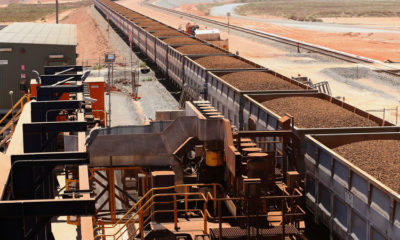Markets
Chinese Stocks Drop With Aussie on Moody’s Cut
-

 Forex1 week ago
Forex1 week agoZiG to the Rescue: Zimbabwe Shifts Gear with New Currency Backed by Gold
-

 Naira4 weeks ago
Naira4 weeks agoDollar to Naira Exchange Rate at Black Market Today, March 21st, 2024
-



 Naira7 days ago
Naira7 days agoDollar to Naira Black Market Today, April 9th, 2024
-

 Company News4 weeks ago
Company News4 weeks agoNNPC Gears Up for Public Listing, Embraces Full Commercialization
-





 Naira3 weeks ago
Naira3 weeks agoDollar to Naira Black Market Today, March 26th, 2024
-



 Naira1 week ago
Naira1 week agoDollar to Naira Black Market Today, April 8th, 2024
-

 Billionaire Watch6 days ago
Billionaire Watch6 days agoNigerian Billionaire Tony Elumelu Contemplates Acquiring NPFL Club
-

 Banking Sector3 weeks ago
Banking Sector3 weeks agoSafaricom, Access Holdings Forge Partnership to Revolutionize Remittance Corridor in Africa






















